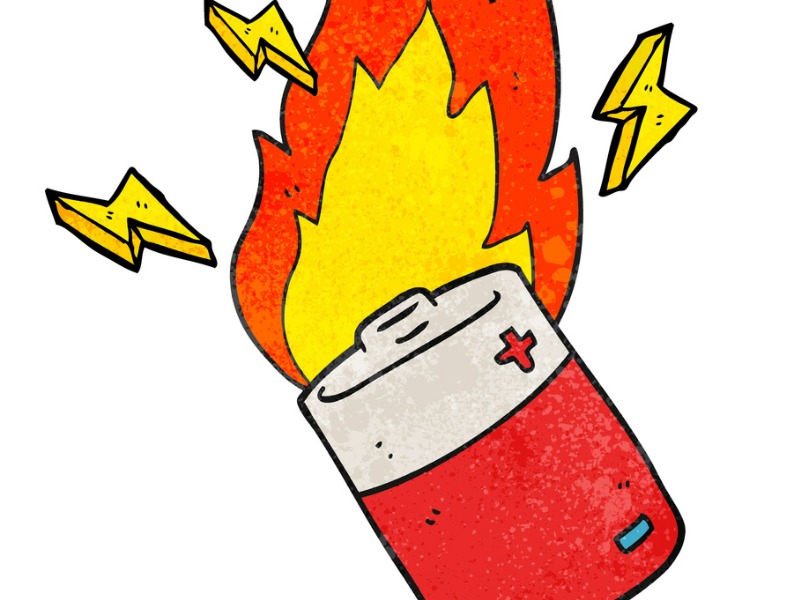Lithium-ion batteries leading to deadly fires – and lawsuits

Canadian property and casualty insurers may need to review their exposure to e-scooter claims, based on fresh claims emerging in the courts.
A Vancouver woman is suing several makers of e-bikes and e-scooters following an apartment fire in 2022 in which her partner died, according to court papers filed at the end of January. The plaintiff, who escaped the fire by breaking a window and climbing to a neighbouring balcony, alleges the lithium-ion power cell in an e-bike started the blaze.
This latest incident is part of a disturbing trend. Late last December, Toronto subway riders had to evacuate a station after a lithium-ion battery on an e-bike suddenly caught fire. Toronto Fire Services reported more than 50 fires were started by lithium-ion batteries during 2023, a sharp increase from 29 in 2022, according to CP24 and other news outlets.
What makes this problem worse is that lithium-ion batteries are widely used in a popular new transportation option being embraced by Canadians – e-scooters, which use the power cells to run small electric motors. In the U.S., e-scooters have been the focus of regulatory scrutiny following fires caused by their batteries; including, as reported by CBS News last October, one in a Brooklyn apartment building that claimed two lives.
While the Vancouver e-bike suit is underway, so far tragedies related specifically to e-scooters and the claims that follow haven’t worked their way through Canada’s court systems yet, noted Jeff Weidman, a partner at law firm Clyde & Co. in Calgary.
“That might be because they are new,” he told CU. “E-scooters have really only been in operation for three or four years in Canada. It takes a while [for a suit] to make it through our court system. Stay tuned. I looked at the U.S. and, like a lot of things, trends that start in the U.S. usually make their way to Canada.”
Like recent events here, many product liability claims in the U.S. so far stem from fires caused by lithium batteries. Plus, owners are suing over malfunctioning brakes, issues with handlebars, wheel bolts loosening or falling off, and problems with the scooters’ electrical systems.
“The New York Fire Department reported over 100 fires triggered by faulty e-scooter batteries in 2023 alone, leading to the deaths of more than a dozen people,” Weidman said. “New York City now mandates certification of the batteries in each scooter by independent testing laboratories. So that’s something we may see in Canada at some point.”
Lithium-ion battery fires are started by a chain reaction within the cells called thermal runaway, which can lead to explosions that spread flames quickly. Those fires produce toxic fumes and are difficult to extinguish.
Weidman noted Calgary’s fire department recently reported the number of fires caused by lithium batteries increased by roughly 150% from 2021 to 2022. While e-scooters aren’t the sole cause of those fires – lithium-ion batteries are used in mobility devices, cell phones, computers and some appliances – it does give a sense of the emerging danger.
“The general public might not know much about lithium batteries. People would not know the extent as to the risks involved or the potential risks and that’s an issue,” he said.
Feature image courtesy of iStock.com/lineartestpilot







